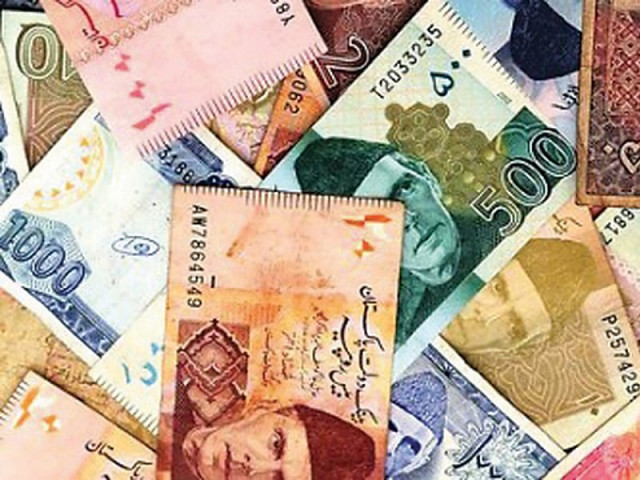District-wise report sought on steps to control commodity prices
Lahore DCO says fuel price decline has had no major impact on cost of production

STOCK IMAGE
Justice Muhammad Farrukh Irfan Khan directed the government’s counsel to ensure that district-wise reports were submitted in the court within two weeks. He was hearing a public interest petition seeking directions for the provincial government to establish a price control authority in the province and to restore offices of magistrates for checking black marketing and hoarding of food items.
Earlier, Lahore DCO Capt (retd) Muhammad Usman told the court that there had been no significant decline in the cost of production of daily-use items in the country because of the recent reduction in the price of crude oil in the international market. He said transportation expenses were only a fraction of the total expenditure in the production of such items.
The DCO said the government had ensured that prices were dropped for commodities whose cost of production went down significantly. “The price of palm oil in the international market is a significant factor in determining the prices of cooking oil in the country. The provincial government recently announced a Rs15 per litre reduction in the price of cooking oil and ghee to adjust for the decline in the international price of palm oil,” he said.
DCO Usman also submitted to the court a report on the city district government’s recent steps to control prices of essential commodities. It stated that 1,008 people had been arrested in 2012-2013 and 7,541 in 2014-2015 for various violations of the Price Control Policy.
Responding to the report, the petitioner’s counsel, Muhammad Azhar Siddique, stated that steps to control prices of essential commodities had been restricted only to Lahore. He said no such measures had been taken in other districts of the province.
The petition filed by the Judicial Activism Panel had maintained that the federal and provincial governments were not taking appropriate measures to control prices of essential commodities and prevent their black marketing and hoarding.
The petitioner’s counsel had submitted that state was authorised to fix prices of essential commodities and to regulate their production, distribution, disposal and sale under various price control acts like the Food Stuff Control Act of 1958, the Punjab Essential Article (Control) Act of 1973 and the Price Control and Prevention of Profiteering and Hoarding Act of 1977. However, he said, there were either no authorities established for the purpose in the province or they lacked sufficient resources to perform their duties.
Published in The Express Tribune, May 7th, 2015.



















COMMENTS
Comments are moderated and generally will be posted if they are on-topic and not abusive.
For more information, please see our Comments FAQ